Retinol Cream: Winter Skincare Tips
Skincare in winter requires special attention and care, especially when incorporating powerful ingredients like retinol. This blog will delve into the nuances of using retinol during the colder months, offering expert advice and practical tips to ensure your skin remains radiant and healthy.
Understanding Retinol and Its Benefits

Retinol, a derivative of Vitamin A, is renowned in the skincare world for its profound anti-aging properties. It works by accelerating skin renewal, enhancing collagen production, and reducing the appearance of fine lines and wrinkles. Additionally, retinol can improve skin texture and tone, making it a versatile ingredient for various skin concerns.
Why Winter is Different for Your Skin
Winter brings unique challenges for skin due to the harsh, dry, and often windy weather conditions. These factors can strip the skin of its natural oils, leading to dryness, sensitivity, and irritation. The indoor environment, typically heated, can further dehydrate the skin.
Incorporating Retinol in Winter Skincare

Start Slowly
If you're new to retinol or resuming after a break, begin with a lower concentration and gradually increase it. This method allows your skin to adapt without causing excessive irritation.
Moisturize Effectively
Moisturizing is crucial when using retinol in winter. Opt for a rich, hydrating moisturizer to apply after your retinol product. This step helps to lock in moisture and protect the skin barrier.
Nighttime is Prime Time
Retinol is best applied at night due to its sensitivity to sunlight. Nighttime application also coincides with the skin's natural repair process, enhancing its efficacy.
Protect Your Skin

Sunscreen is Non-Negotiable
Even in winter, sunscreen is essential. Retinol can make your skin more susceptible to UV damage, so applying a broad-spectrum SPF during the day is crucial.
Gentle Cleansing
Choose a gentle, hydrating cleanser to avoid stripping your skin of its natural oils. Harsh cleansers can exacerbate the drying effects of winter and retinol.
Listen to Your Skin
Adjust Frequency as Needed
Pay attention to how your skin responds. If you experience excessive dryness or irritation, reduce the frequency of retinol application.
Stay Hydrated and Nourished
Internal hydration and nutrition play a significant role in skin health. Ensure you're drinking plenty of water and consuming a balanced diet rich in antioxidants and essential fatty acids.
Retinol Alternatives for Sensitive Skin
If retinol proves too strong for your skin, consider gentler alternatives like bakuchiol, which offers similar benefits without the irritation.
Professional Advice is Key
Always consult with a dermatologist or skincare professional before incorporating retinol into your routine, especially if you have sensitive skin or other skin concerns.
Conclusion
Retinol can be a powerful ally in your winter skincare regimen, offering numerous benefits when used correctly. By following these tips and listening to your skin, you can enjoy the transformative effects of retinol even during the harsh winter months. Remember, a tailored approach is vital for optimal skin health, and when in doubt, seek professional guidance.


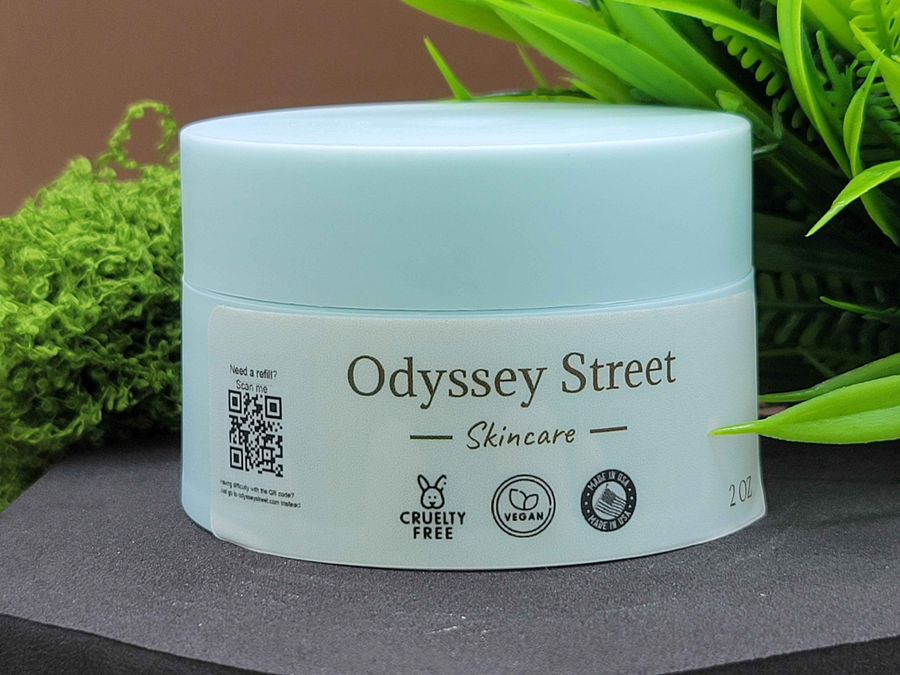
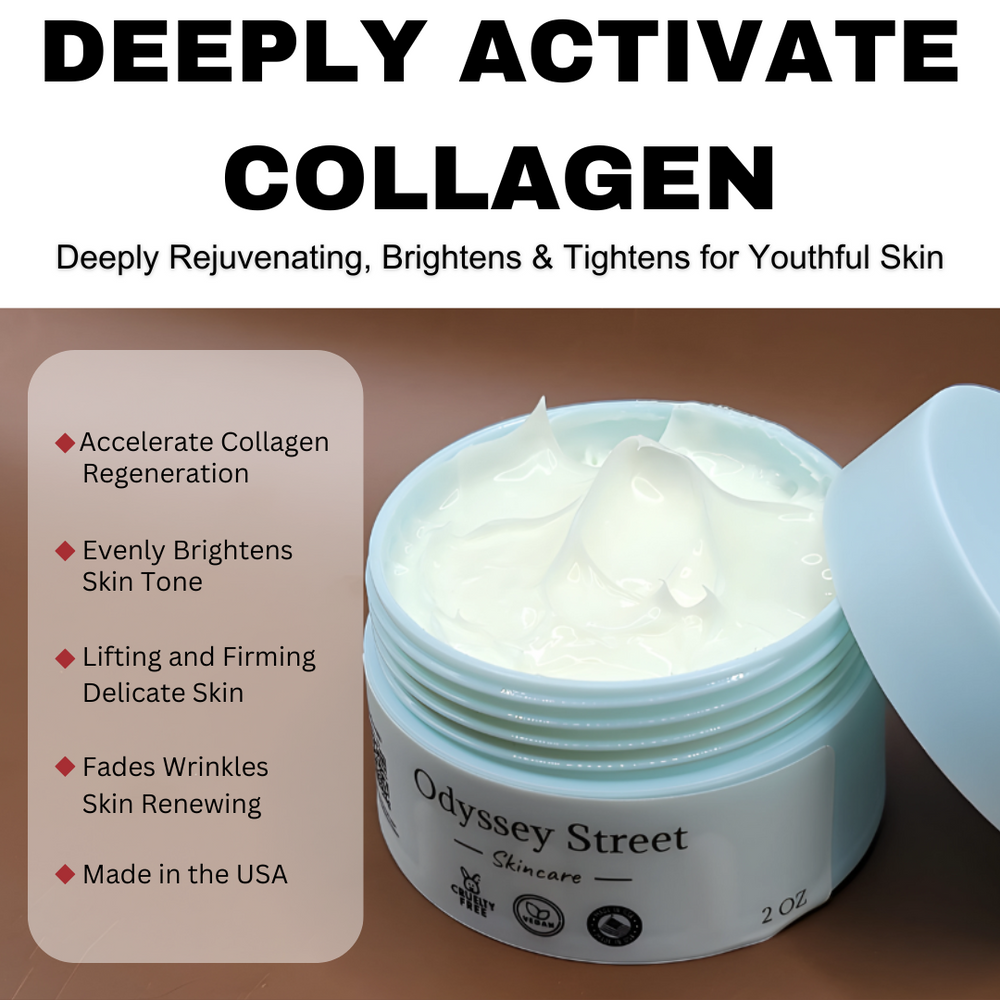




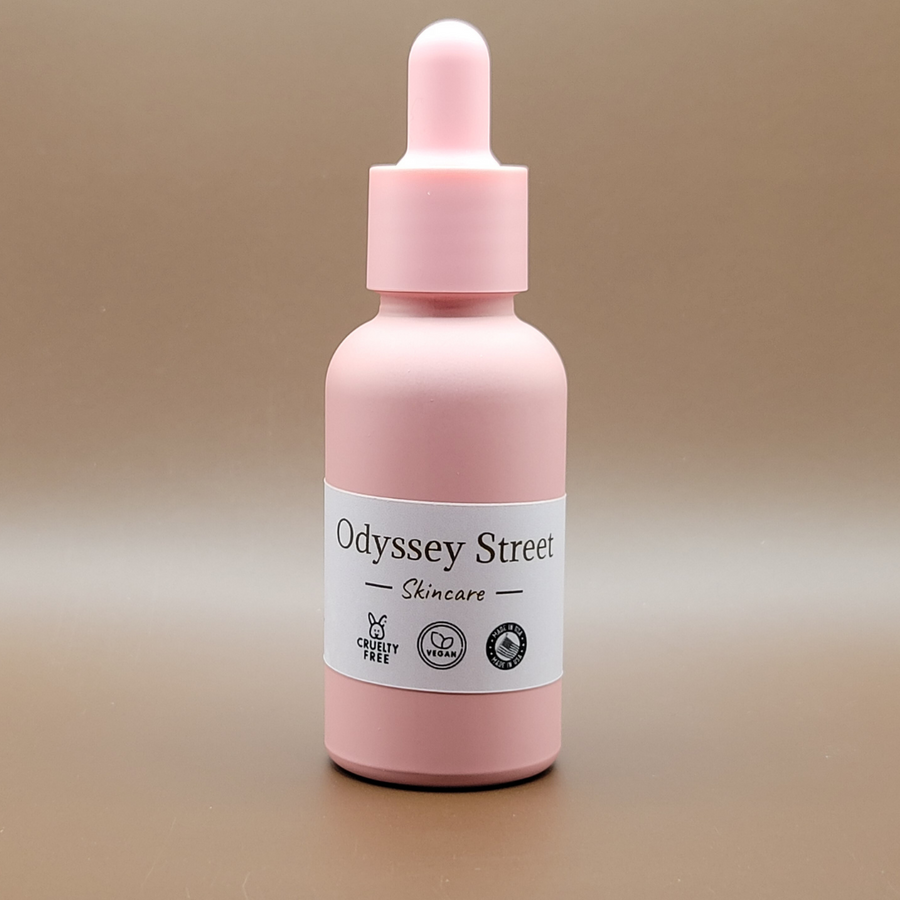
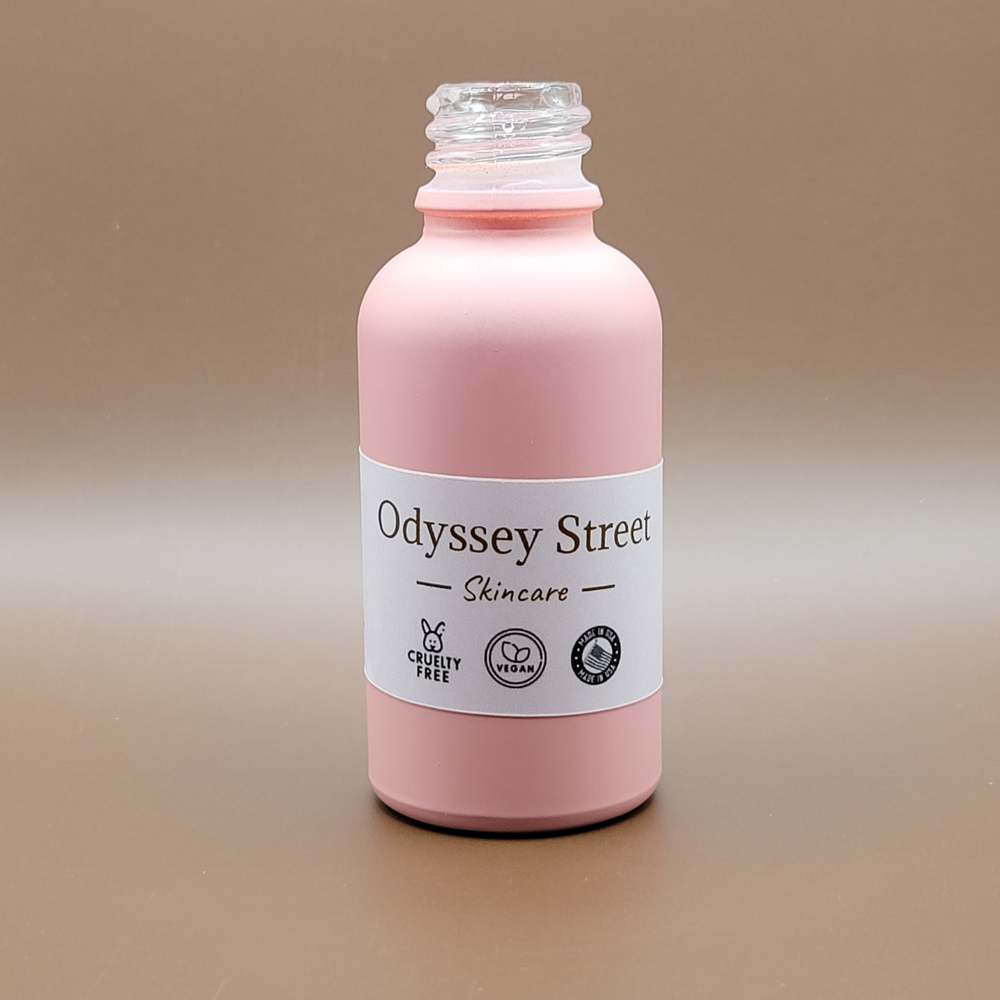
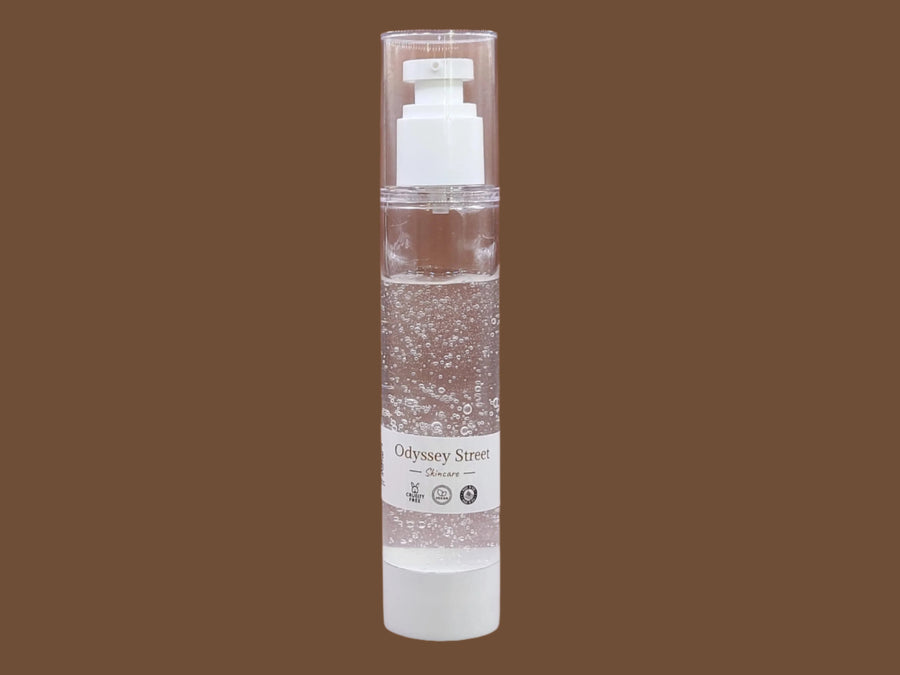
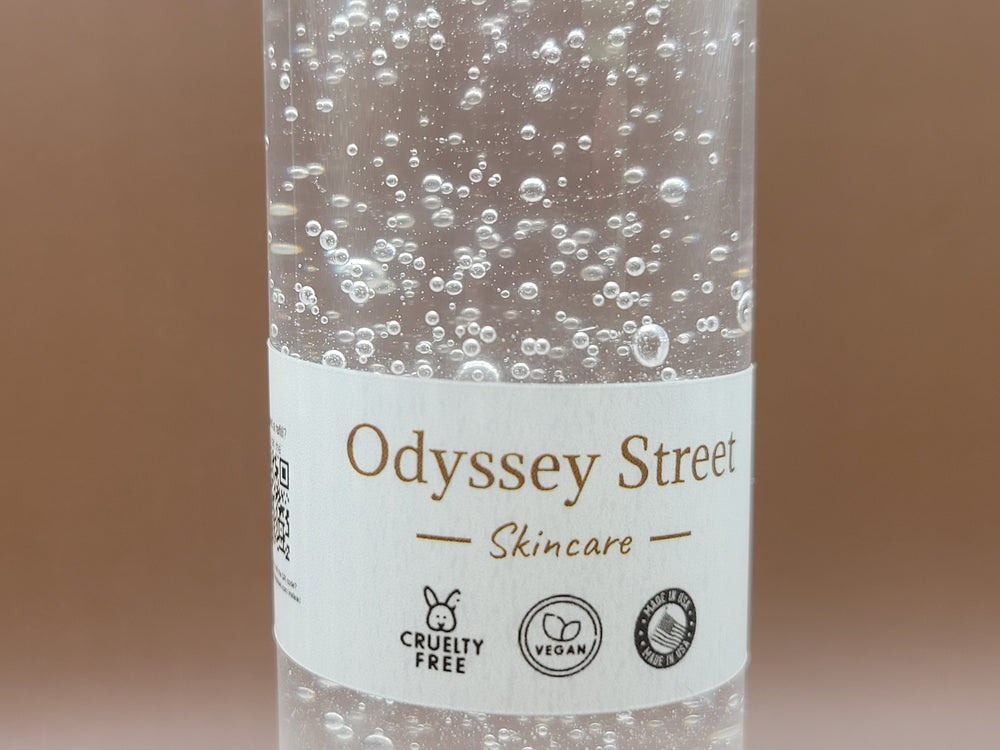
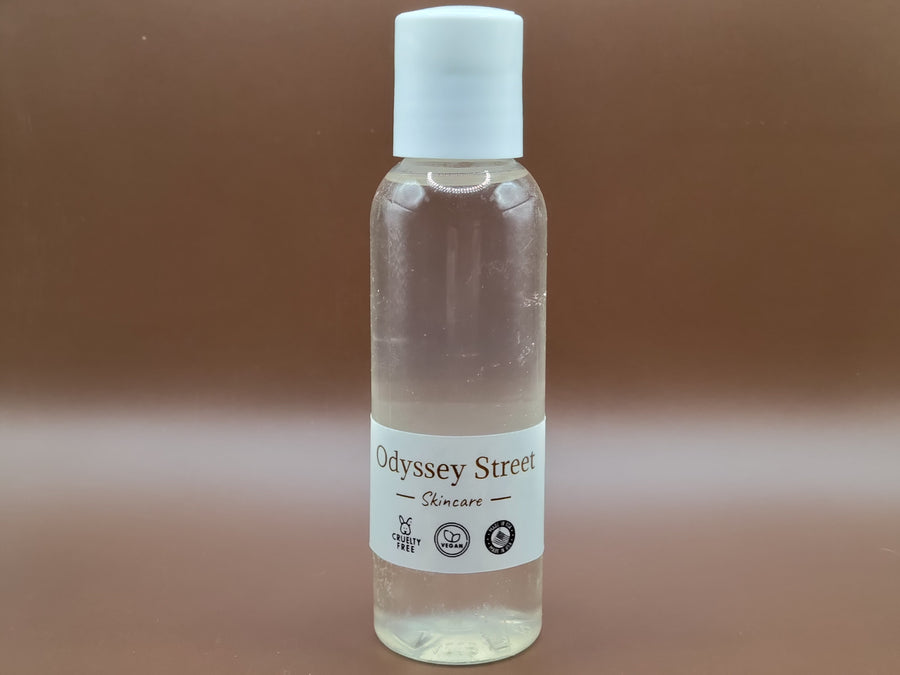
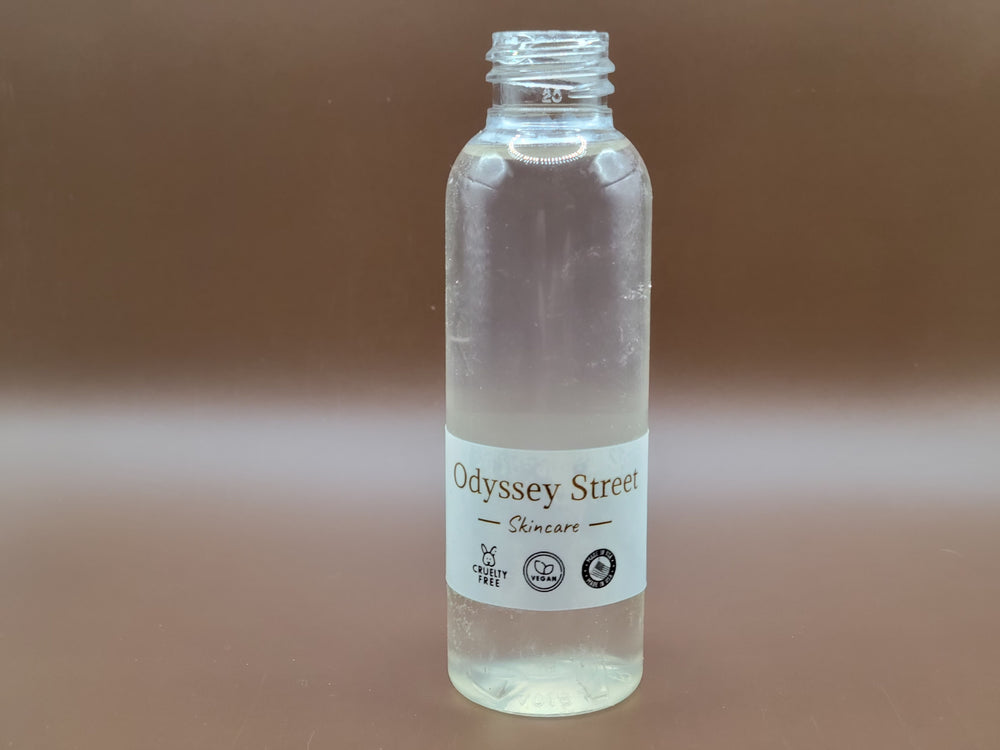
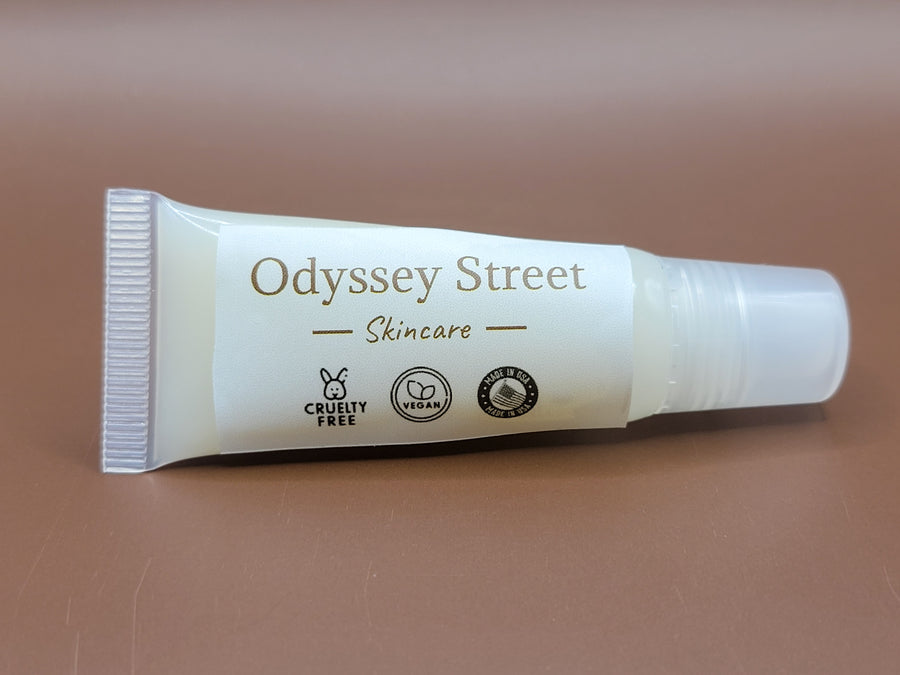
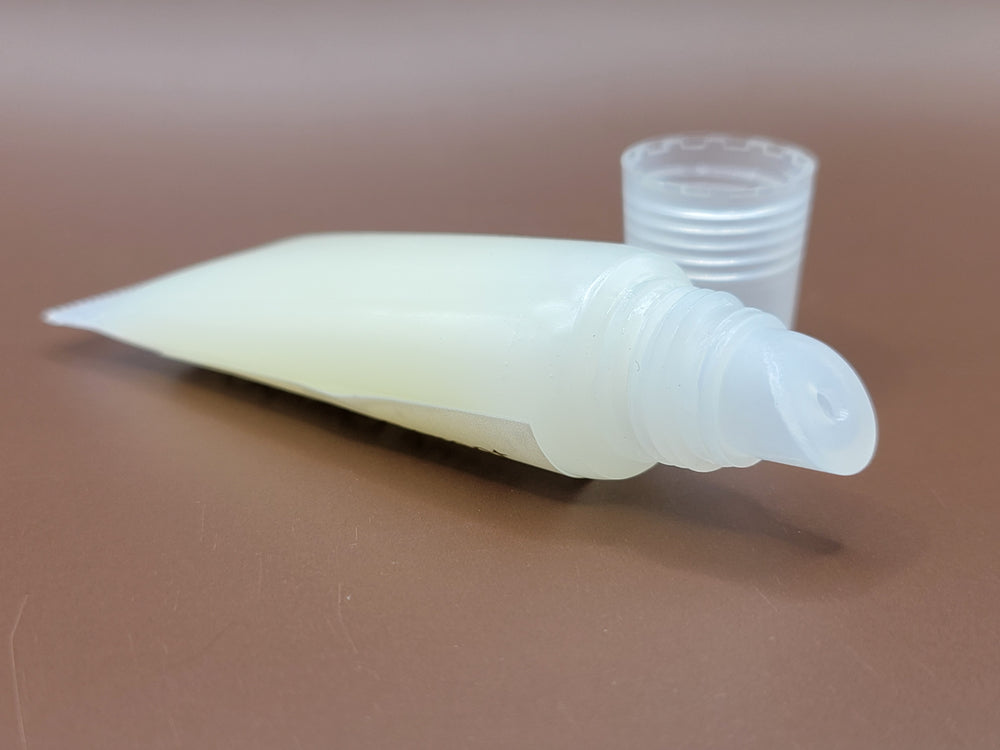
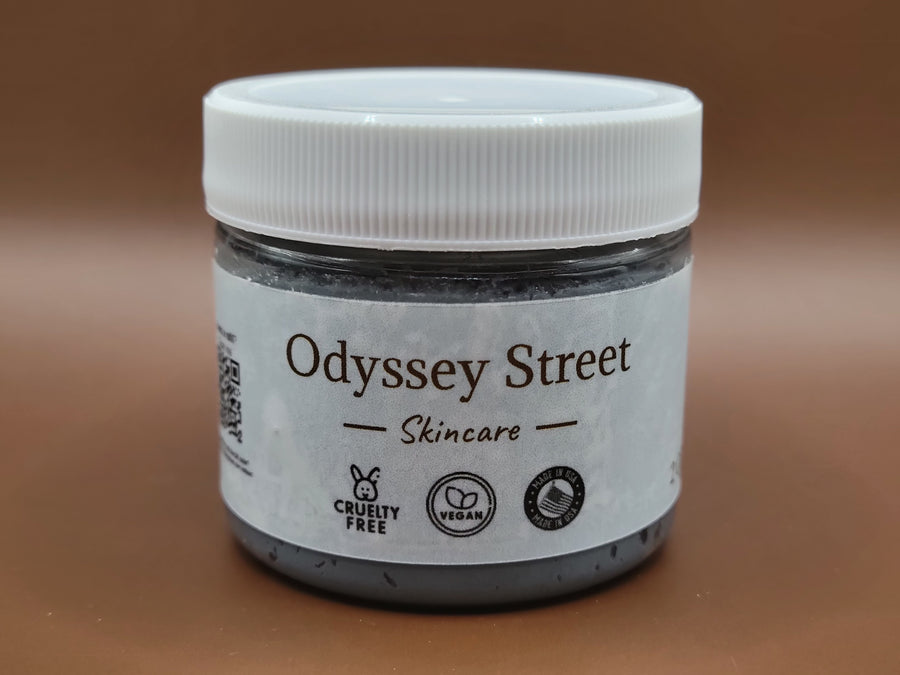
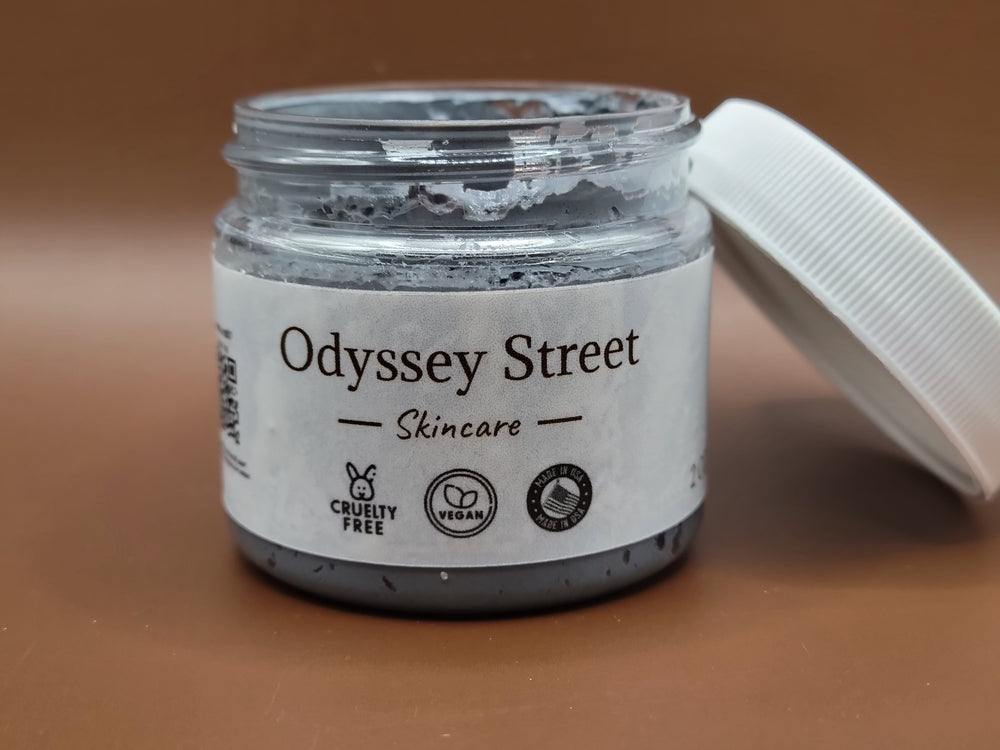
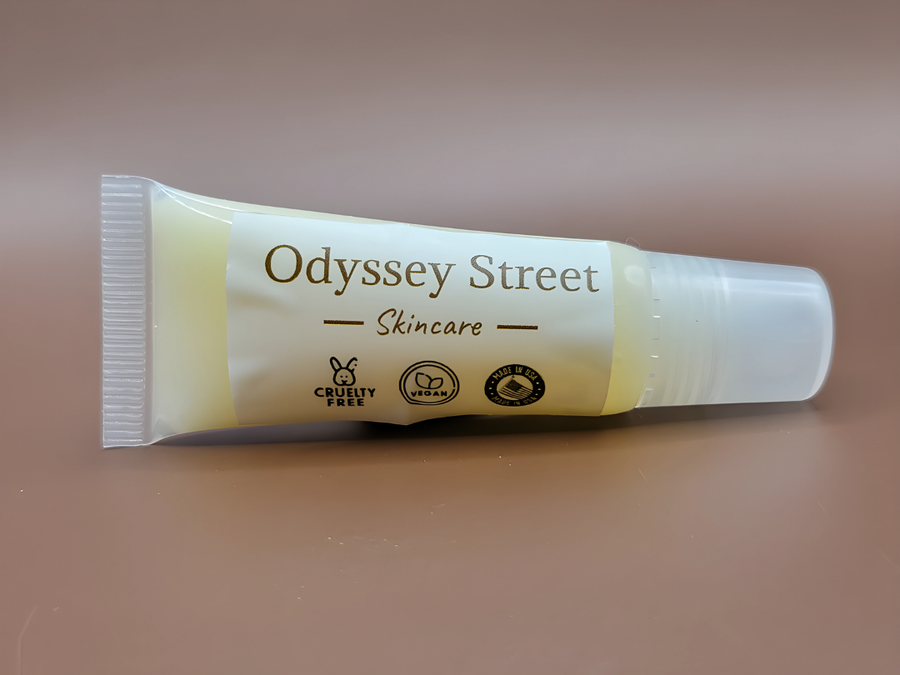
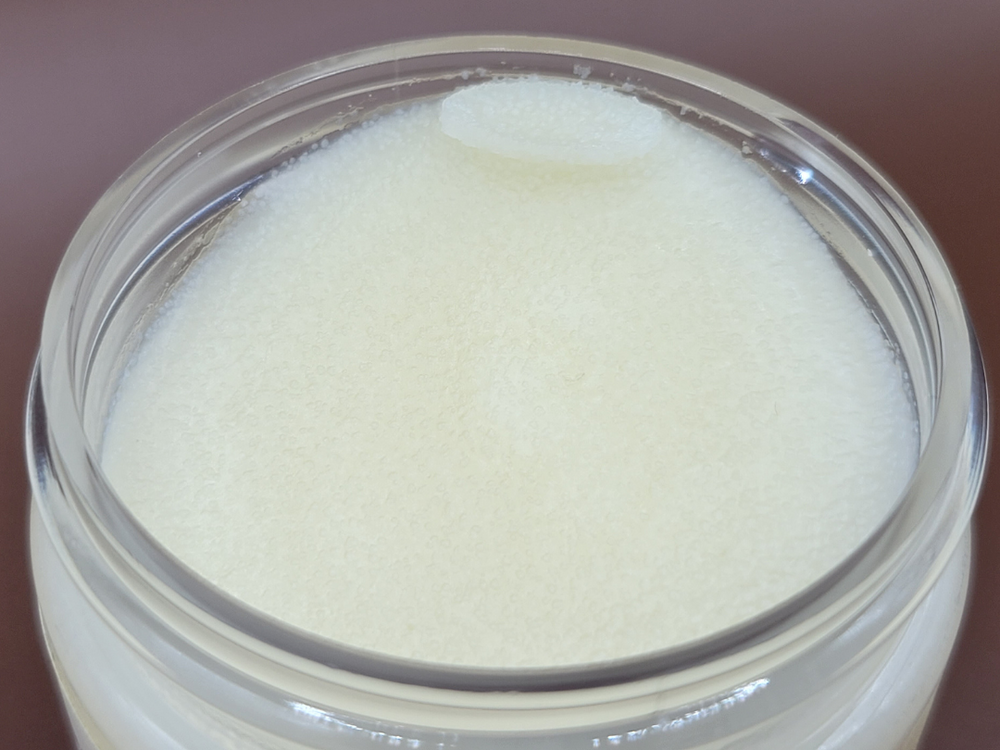
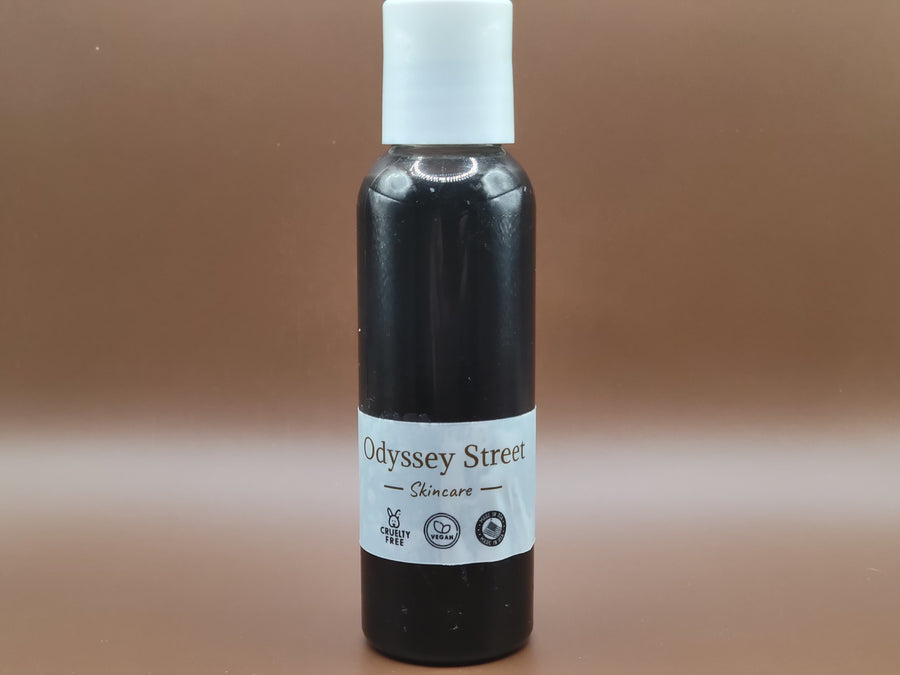

Leave a comment